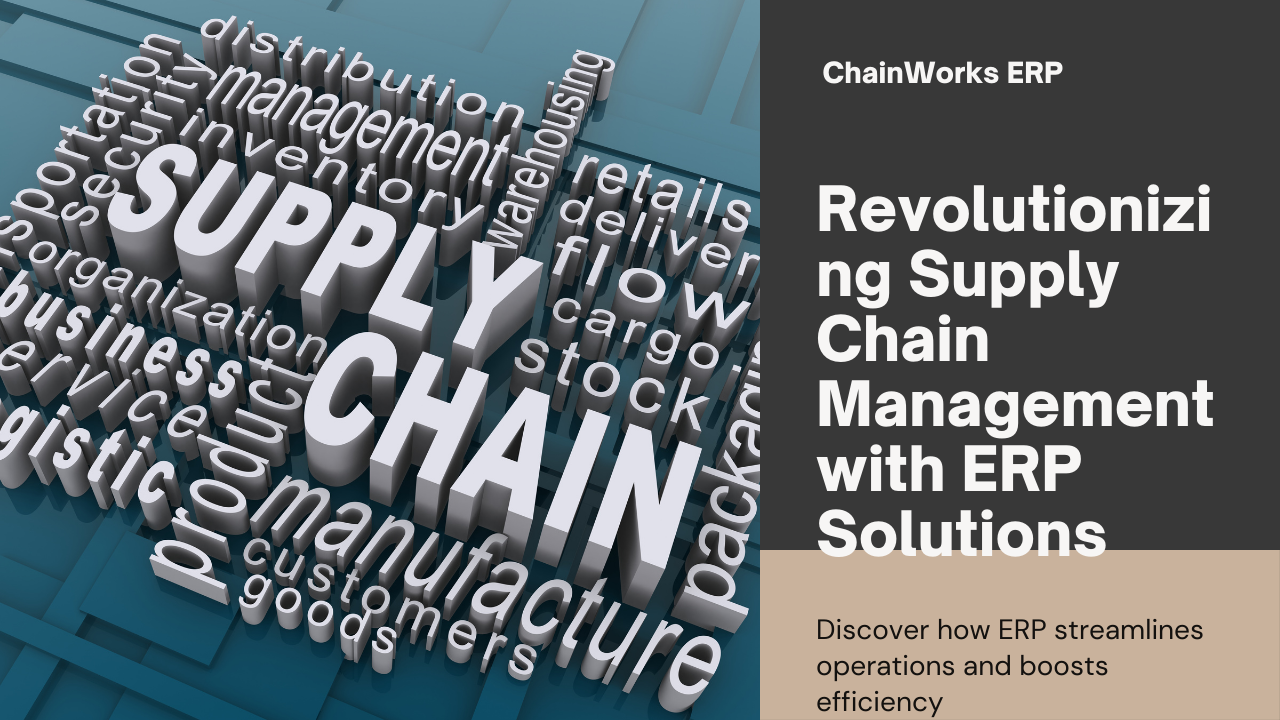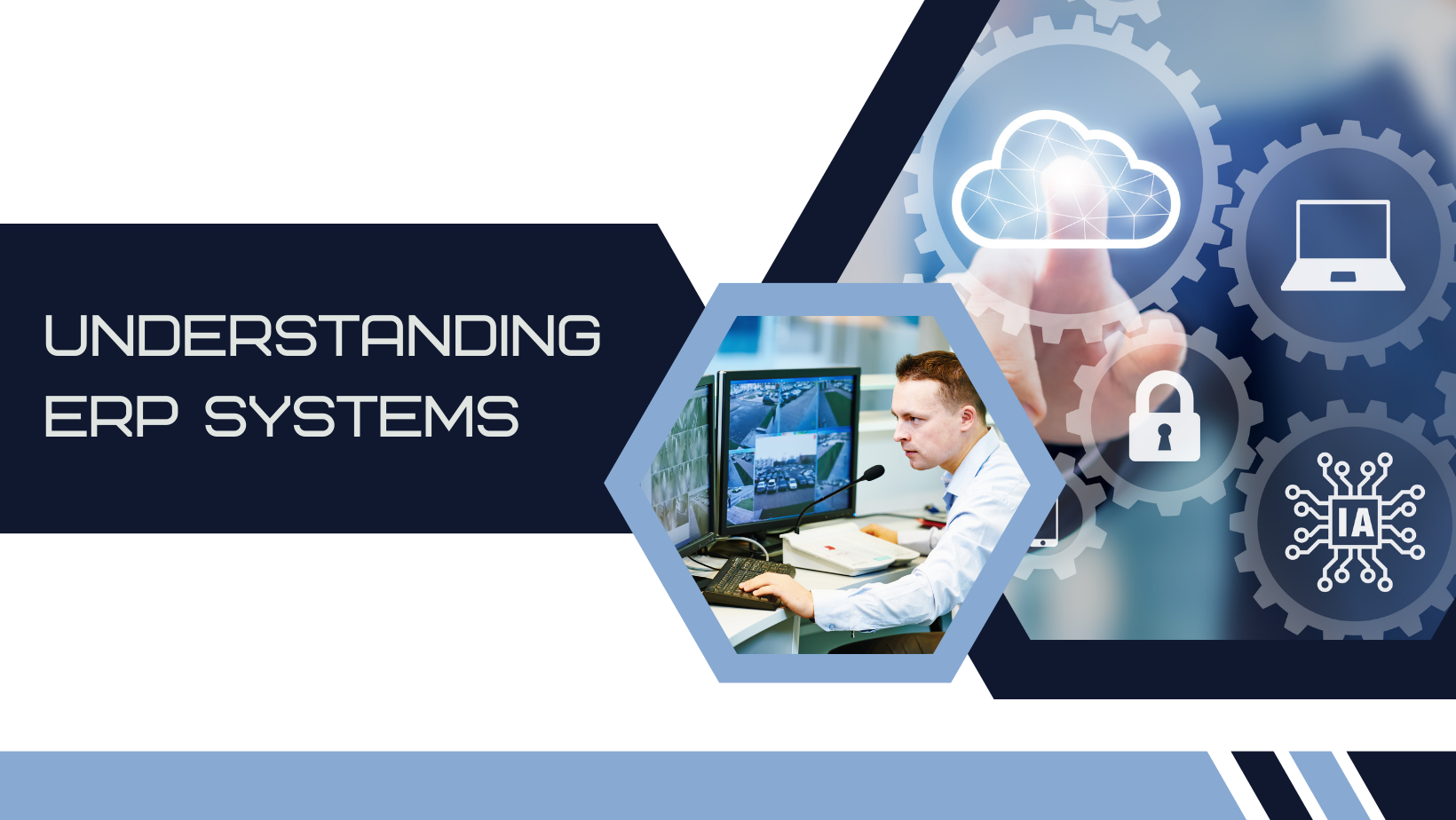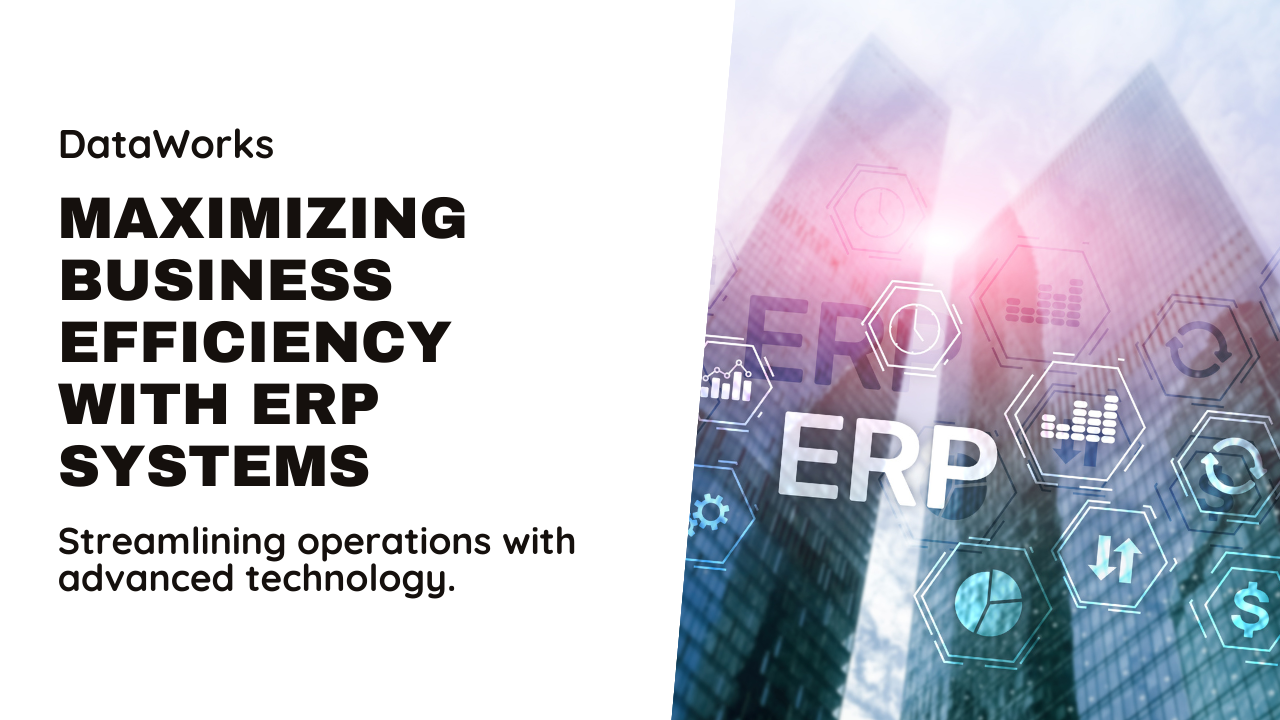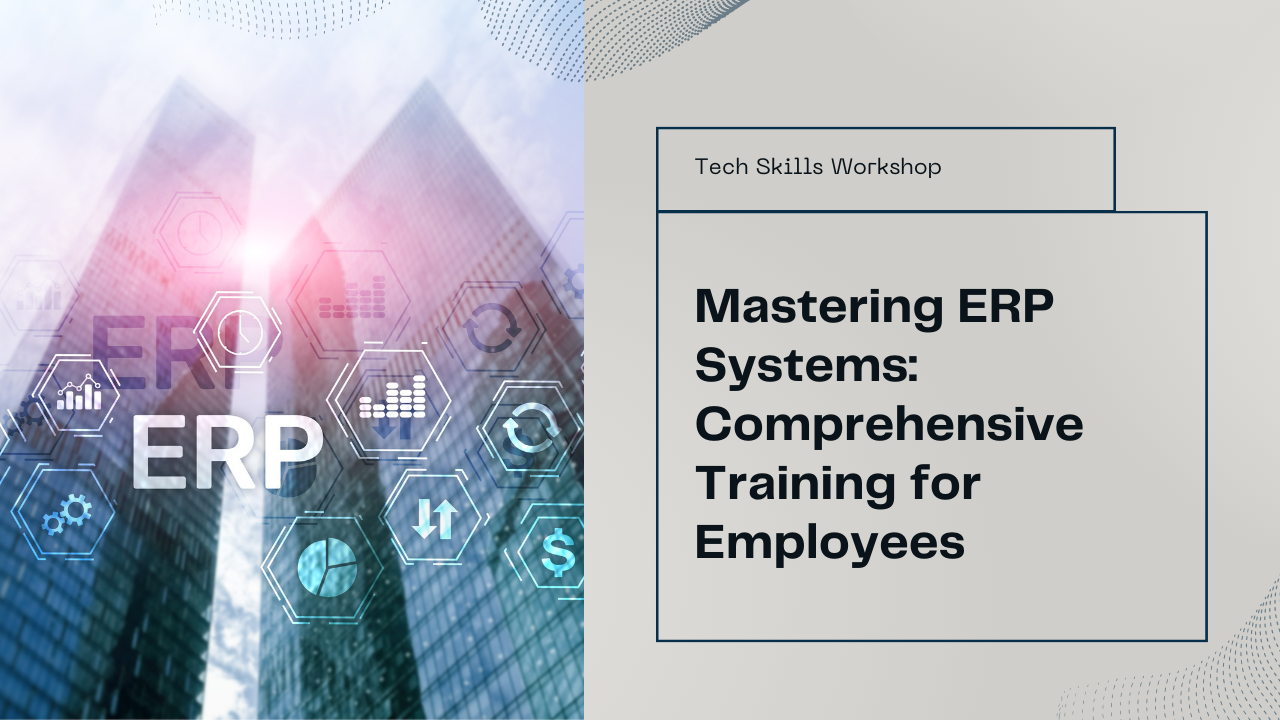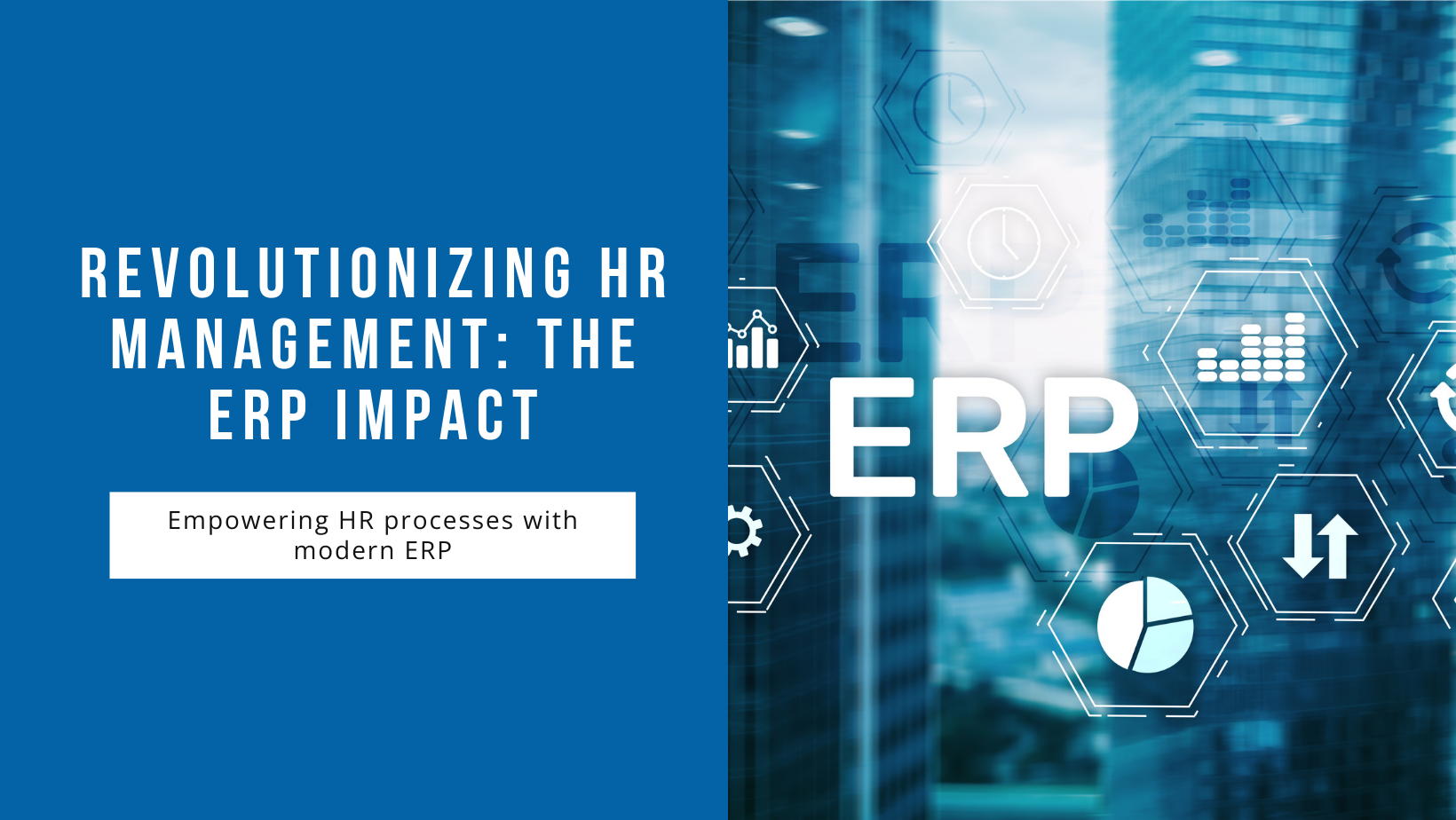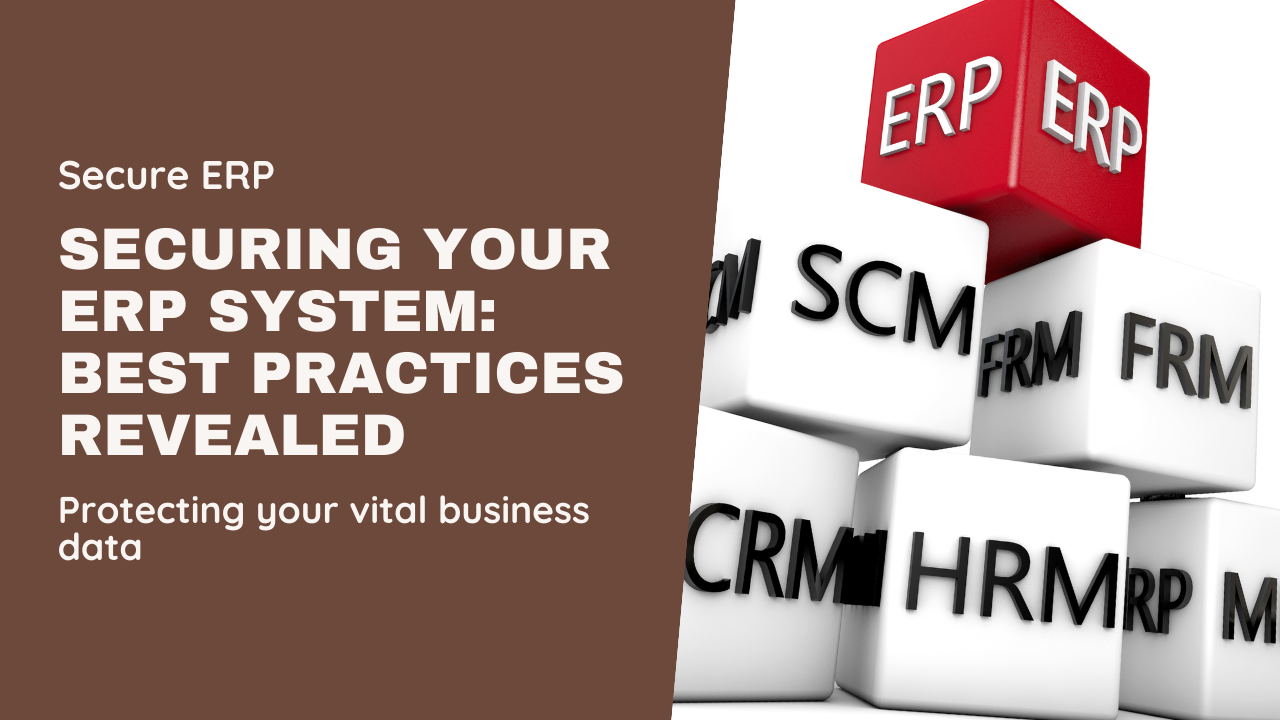Effective supply chain management (SCM) is crucial for businesses aiming to optimize operational efficiency, reduce costs, and enhance customer satisfaction. In today’s dynamic business environment, Enterprise Resource Planning (ERP) systems play a pivotal role in transforming supply chain processes by integrating and automating key operations. This blog explores the significant benefits of ERP for enhancing supply chain management capabilities and driving sustainable business growth.
Streamlined Inventory Management
One of the primary benefits of ERP for supply chain management is streamlined inventory control and management. ERP systems integrate inventory data across various departments, warehouses, and locations into a centralized database. This real-time visibility enables accurate demand forecasting, inventory tracking, and optimized stock levels. By minimizing excess inventory and stockouts, businesses can reduce carrying costs, improve cash flow, and enhance operational efficiency.
Enhanced Demand Forecasting and Planning
ERP systems facilitate advanced demand forecasting and planning capabilities by analyzing historical sales data, market trends, and customer insights. By leveraging predictive analytics and machine learning algorithms, ERP-enabled SCM enables businesses to anticipate demand fluctuations, seasonal trends, and customer preferences more accurately. This proactive approach helps optimize production schedules, procurement decisions, and inventory replenishment, thereby reducing lead times and meeting customer demand effectively.
Improved Supplier Relationship Management
Effective supplier relationship management (SRM) is critical for ensuring a reliable and cost-effective supply chain. ERP systems enable seamless collaboration with suppliers through automated procurement processes, vendor performance monitoring, and contract management. By integrating supplier data and communications into a unified platform, businesses can negotiate better terms, reduce procurement cycle times, and mitigate supply chain risks. Enhanced SRM capabilities foster strategic partnerships, supplier transparency, and compliance with contractual agreements, thereby enhancing supply chain resilience and responsiveness.
Cost Efficiency and Operational Savings
Cost efficiency is a key advantage of implementing ERP for supply chain management. By streamlining processes, reducing manual errors, and optimizing resource allocation, ERP systems help minimize operational costs across the supply chain. Automation of repetitive tasks such as order processing, invoicing, and inventory reconciliation improves productivity and reduces labor expenses. Furthermore, ERP-driven insights into production efficiency, transportation costs, and inventory holding costs enable informed decision-making to achieve operational savings and maximize profitability.
Integrated Logistics and Fulfillment
ERP systems facilitate seamless integration of logistics and fulfillment operations within the supply chain. By automating transportation management, route optimization, and order fulfillment processes, businesses can enhance delivery accuracy, reduce lead times, and improve customer service levels. Real-time visibility into shipment tracking, inventory availability, and warehouse operations enables proactive management of logistics challenges and exceptions. Integrated logistics capabilities ensure timely order fulfillment, minimize delays, and optimize distribution networks to meet customer expectations and enhance brand reputation.
Regulatory Compliance and Risk Management
Navigating regulatory requirements and mitigating supply chain risks are critical challenges for businesses operating in diverse markets. ERP systems incorporate compliance features, audit trails, and regulatory reporting functionalities to ensure adherence to industry standards, environmental regulations, and trade policies. By centralizing data and documentation, ERP-enabled SCM enhances transparency, traceability, and risk visibility across the supply chain. Proactive risk management strategies, such as inventory buffer management and contingency planning, help businesses mitigate disruptions, comply with regulatory obligations, and uphold corporate governance standards.
Enhanced Data Visibility and Decision-Making
ERP systems provide comprehensive data visibility and analytics capabilities that empower supply chain stakeholders to make informed decisions. By generating real-time reports, performance dashboards, and key performance indicators (KPIs), ERP-enabled SCM enables stakeholders to monitor operational metrics, track supplier performance, and identify process bottlenecks. Data-driven insights facilitate continuous improvement initiatives, strategic planning, and proactive problem-solving to optimize supply chain performance, enhance agility, and capitalize on market opportunities.
Conclusion
In conclusion, the benefits of ERP for supply chain management extend beyond operational efficiency to encompass strategic advantages in cost management, customer satisfaction, and competitive differentiation. By integrating supply chain processes, enhancing collaboration with suppliers, and leveraging data-driven insights, ERP systems enable businesses to streamline operations, mitigate risks, and achieve sustainable growth. Investing in ERP-enabled SCM capabilities positions organizations to adapt to evolving market demands, optimize resource utilization, and deliver value across the entire supply chain ecosystem.
